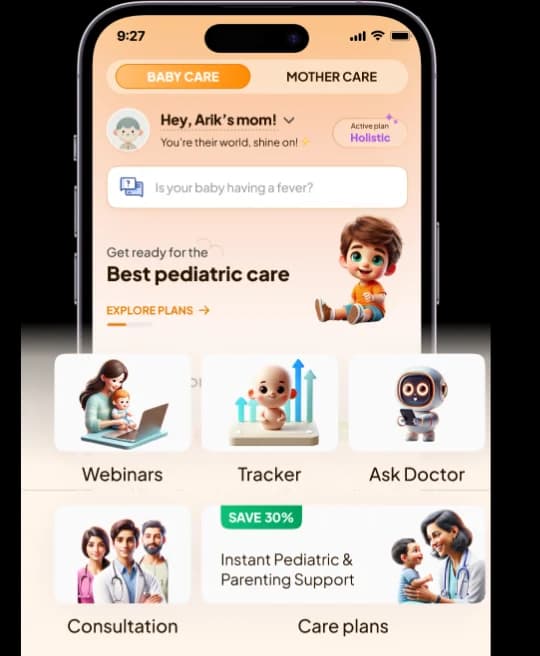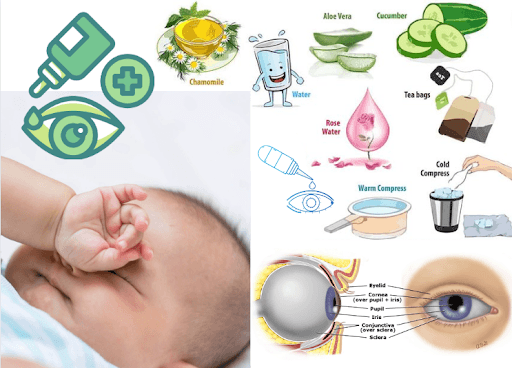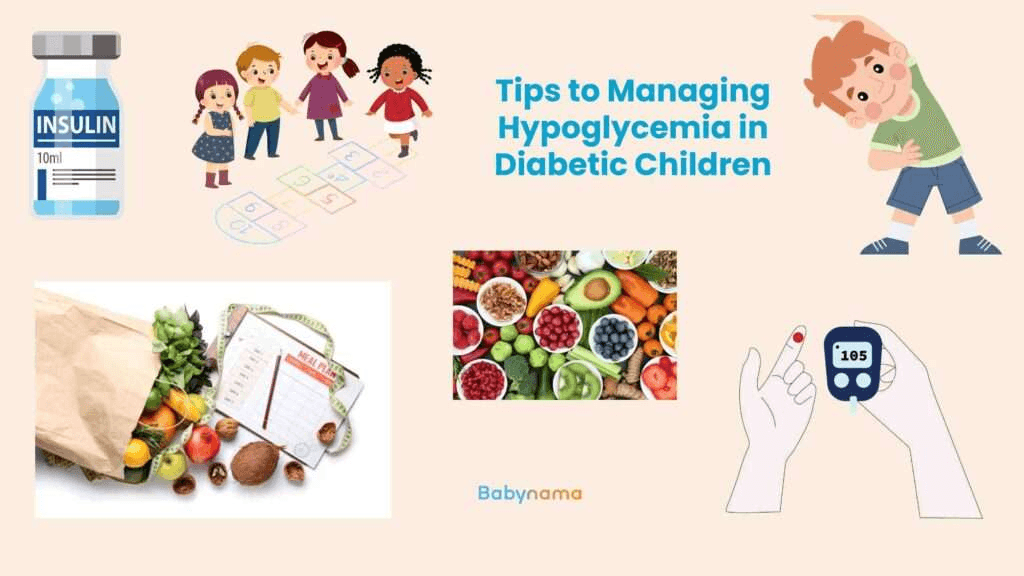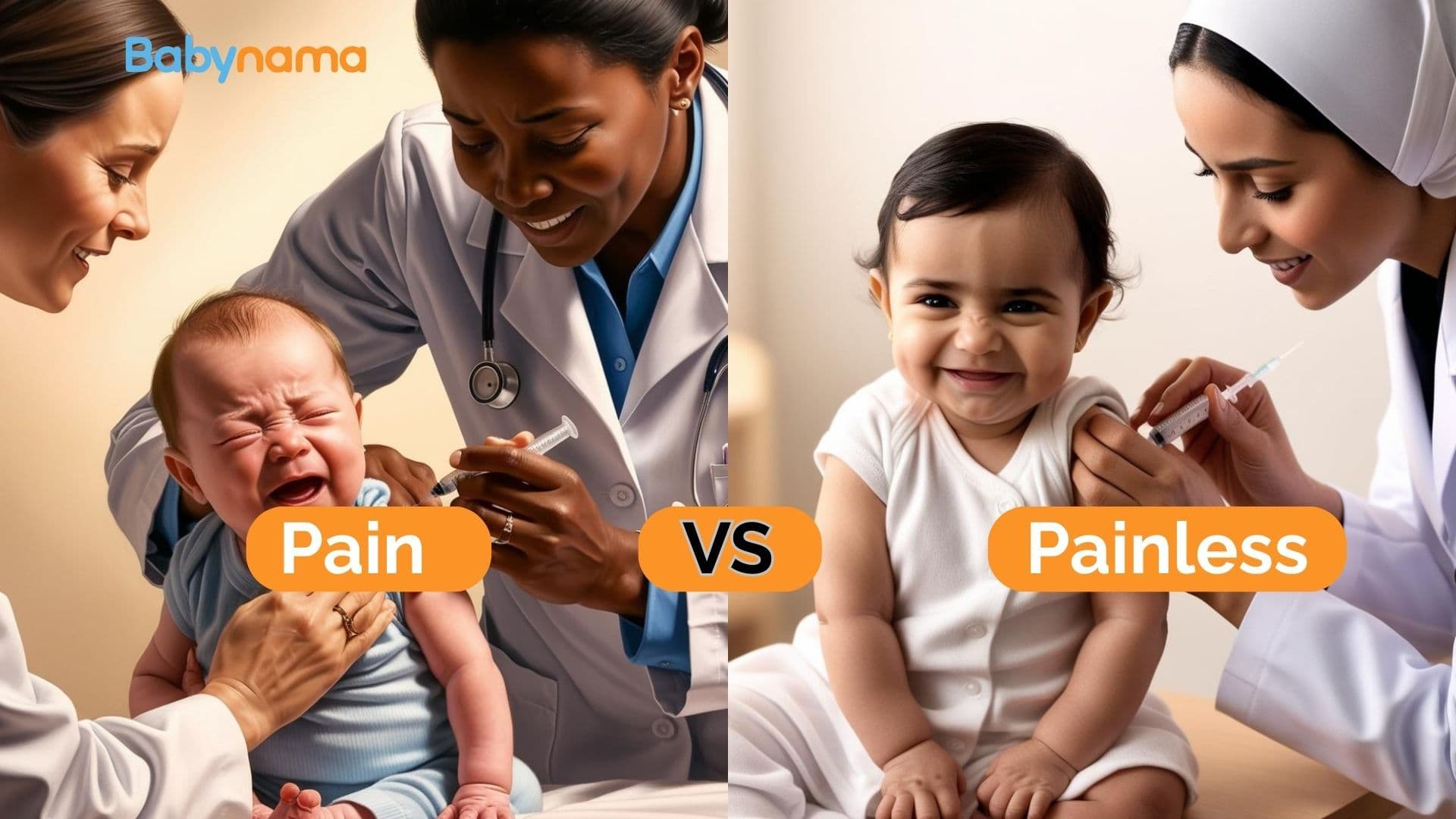
Gastritis In Children: Causes, Symptoms, And Treatment
Gastritis is a condition where the stomach lining becomes inflamed, resulting in a range of uncomfortable symptoms. While it is commonly associated with adults, children can also experience gastritis. In this blog, we will discuss the causes, symptoms, and treatment of gastritis in children.
Types of gastritis:
- Acute gastritis - A sudden onset of gastritis.
- Chronic gastritis - Gastritis that occurs gradually and for an extended period.
What Are the Risk Factors for Children's Gastritis?
They are at risk of developing gastritis if-
- A bacterial, viral, or parasitic infection
- Having autoimmune disorders, such as diabetes, thyroid disease, or Crohn's disease
- Some kind of toxic item was swallowed, like a button battery
- Suffering from trauma (stomach or intestine injury in a child)
- Particular medication such as taking a steroid or an NSAID to relieve pain
Causes of Gastritis in Children:
Gastritis can be caused by a variety of factors, including bacterial or viral infections, allergies, and immune system disorders. Some of the most common causes of gastritis in children include:
- Helicobacter pylori (H. pylori) Infection: This is a bacterial infection that can cause gastritis, ulcers, and stomach cancer. It is common in children, and can be contracted through contaminated food or water.
- Nonsteroidal Anti-Inflammatory Drugs (NSAIDs): NSAIDs like ibuprofen and aspirin can irritate the stomach lining and cause gastritis. Children should not be given these medications without a doctor's approval.





